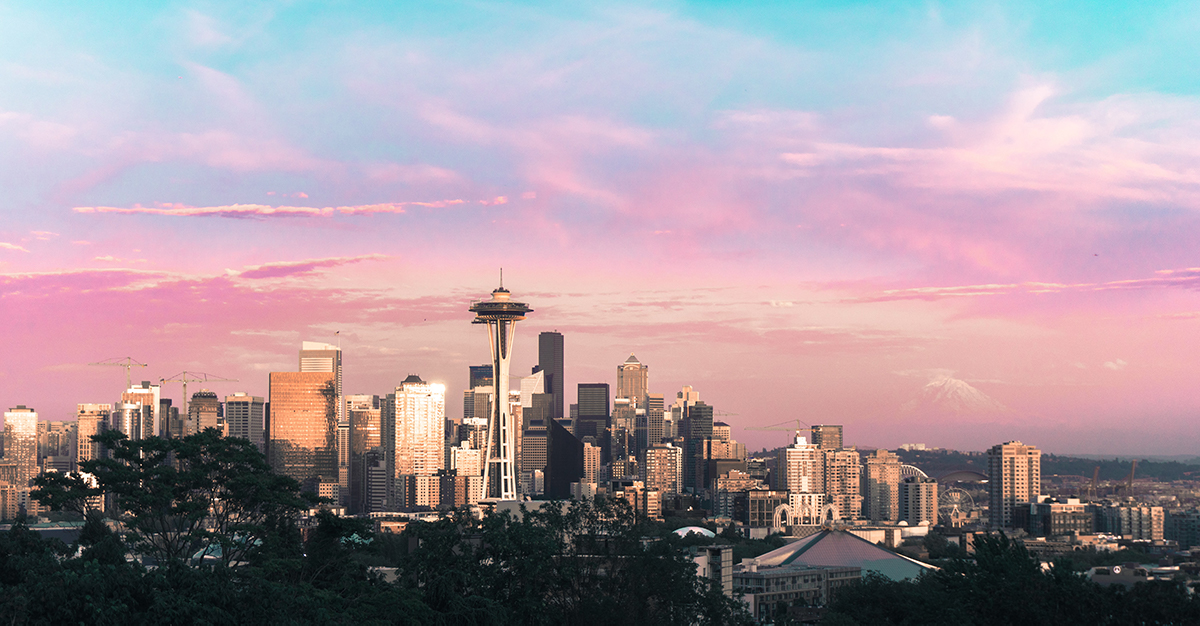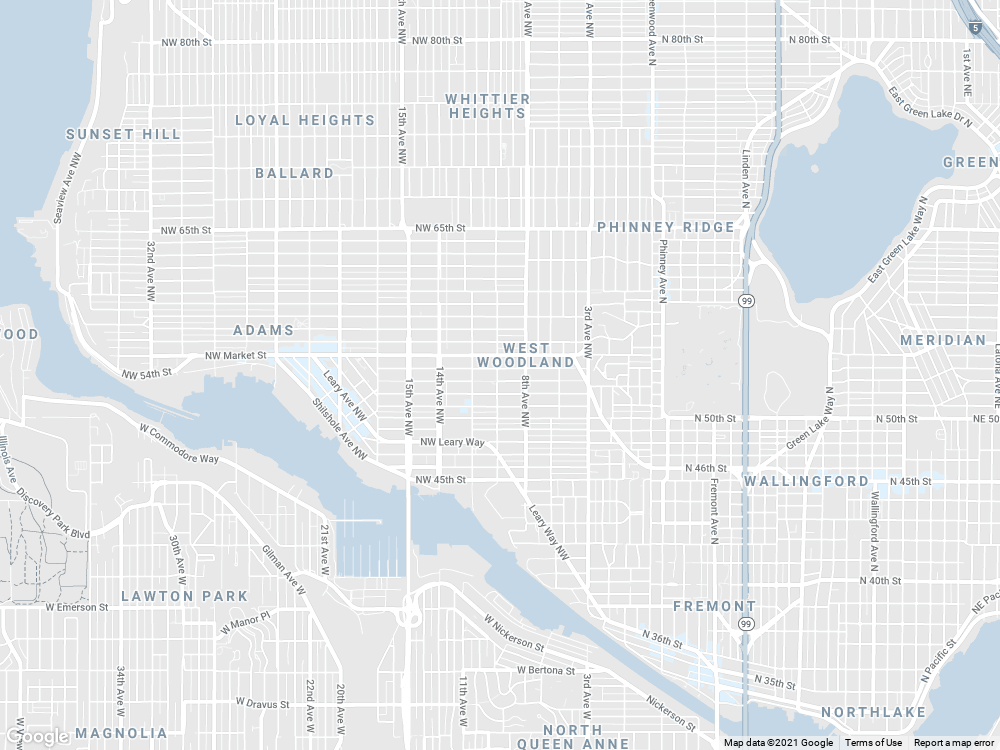How Does Seattle Weather Affect My Home’s Siding?

Protecting your home in the harsh Pacific Northwest climate
Your home needs protection from the weather. Siding provides an important part of that protection. Homes in Seattle and the Pacific Northwest (PNC) face a unique challenge when it comes to weather.
But before we dig into that let’s find out what, exactly, siding does for your home.
Siding is the protective material attached to the outside of your home. When combined with a roof they make up the barrier that protects you and your family from all kinds of weather conditions. You may not give siding much thought, but it is responsible for keeping out rain, storms, snow, and wind during inclement periods. This barrier also helps to reduce your utility bills by boosting your home’s energy efficiency in both the cold and hot weather.
How does weather affect your home’s siding?
All types of weather and seasonal elements have an effect on your home’s siding. In winter, especially in regions with extremely cold seasons, ice can build up on roofs, in gutters, and even work its way underneath siding. Fluctuating temperatures can cause this moisture to expand and contract, causing damage including cracking and warping of siding material.
Summer heat brings its own unique challenges. Excessive heat and UV rays can cause siding to crack or fade when not properly maintained. This can leave siding vulnerable to moisture during rainy periods and to pests and insects which can cause further damage.
Storms and high winds are other forces of nature that can deal a damaging blow to exterior wall cladding. Strong winds can drive moisture underneath siding creating damage as previously mentioned. If siding is already weakened, due to extreme heat or cold, a strong windstorm can tear it off the walls.
How Seattle’s unique weather can be challenging for home owners
Homeowners in Seattle are very familiar with the region’s reputation for excessive rain, although this is a bit of a myth. Seattle sees about 37” of rain per year — that doesn’t even break the top 30 wettest cities in the U.S. according to the American Council on Science and Health. What actually gives the Puget Sound area its soggy reputation is how it rains here, not how much it rains. According to their findings, “It rarely rains hard; instead, it has a (seemingly) never-ending drizzle that keeps the city wet almost all-year round.” Combined with a short dry season, usually lasting form July to October, this constant exposure to moisture can amplify weather-related siding problems.
Prolonged exposure to moisture comes with an additional set of issues: mold, fungus, and rot. Siding that is not rated to withstand a wet climate, or that has been poorly installed, can lead to mold and fungus growth both outside and inside your home. It can also lead to siding materials becoming soft and rotted, leaving your home vulnerable.
What should you do if you start to see signs of damage?
When you start to see visible signs of damage like cracking, splitting, buckling, warping, or siding coming loose from the walls, it may be time to repair or replace your siding. Sometimes damage may be localized and easy to repair, but some damage my require a full siding replacement. There are benefits to both, and you can read more about this in our article on repairing vs. replacing your home’s siding.
How the right, high quality product can make a difference
A high-quality siding will give you better performance against extreme weather and last longer. While upfront costs can be higher, lifetime costs can actually decrease with reduced maintenance costs and eliminating the need to replace siding as often. Your home will have the best possible protection against harsh elements of weather, and you will have peace-of-mind knowing your investment in your home is protected.
Best siding material to protect your home from Seattle weather
There are many different types of siding materials available for customers to choose from, including vinyl, stone, fiber cement, as well as different types of wood, including both natural and engineered.
Of all the choics out there, fiber cement siding is our top recommendation. It can withstand extreme heat and sub-freezing temperatures, and holds up against heavy rain, hail, sleet, snow, and windstorms. It can even withstand the constant moisture of Seattle weather.
When it comes to fiber cement siding, James Hardie is EcoSide’s product of choice. They provide siding for every type of home, and their signature fiber cement products are long lasting and durable. They even offer products geared to handle the unique Pacific Northwest climate with their HardieZone system.
Is it time to repair or replace your siding?
If you think it’s time to repair or replace your home’s siding we can provide you with a free, no obligation estimate and make recommendations on how to protect your home from Seattle’s wet weather.
We make siding easy
EcoSide has been making siding easy in the Seattle area since 2009 and would be happy to serve your needs. Call (206) 235-1275 or visit EcoSideSeattle.com today for a free estimate. Or use our handy Siding Calculator to estimate how much you could save on a full siding replacement for your home.
Siding Replacement Calculator
Use our free Siding Replacement Calculator to estimate how much you could save on your siding replacement project.
Hey Neighbor, Let's Connect
EcoSide is doing great work in your neighborhood! Get your free estimate now.

Don't Wait! Get a Free Estimate Now
Fill in a few details to get your siding replacement estimate